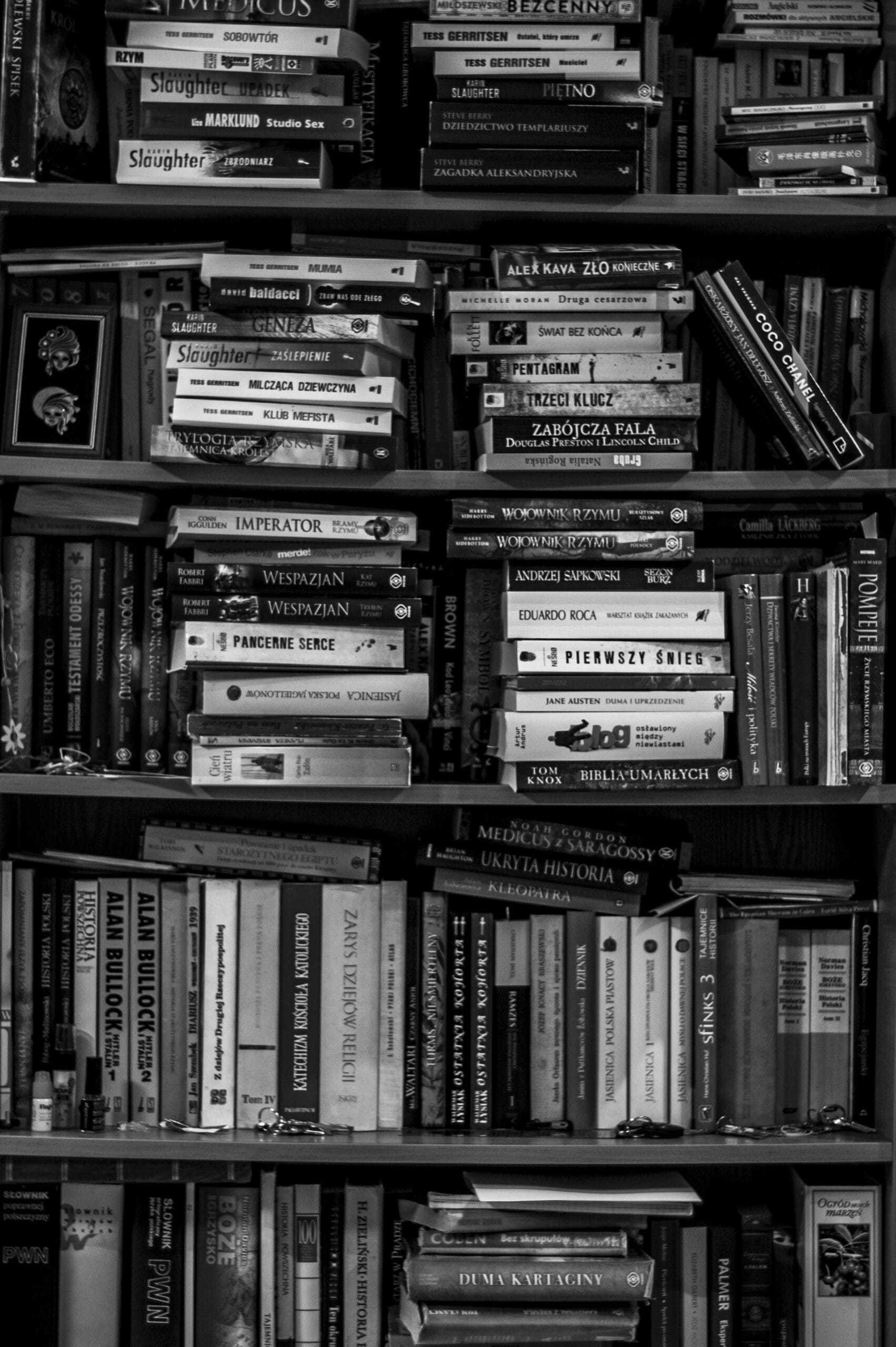Books offer readers a chance to explore a different world and a wide range of emotions and experiences. Each work stands out for its uniqueness and the impact it has on its readers. They often challenge our perception of things and make us reflect on the broader instances of historical event, societal norms, and the human complexity, while also emphasizing the nuanced expressions used within the text. Five such books are discussed in this article, which ought to be read by readers all over the world.

The Importance of Being Ernest – Oscar Wilde
The Importance of Being Ernestis a timeless comedic play that remains as relevant as it was in 1895. Wilde’s play posits a masterful satire of the Victorian society, aptly using wit and humor to criticize the absurdities and deception used to climb the social ladder. The author engages the reader with sharp humor, clever dialogues, wordplay, and a farcical commentary on the superficial aspects of the era. This is a perfect read for readers aiming to get their hands on a light-hearted text to enjoy in their free time.
Ice Candy Man – Bapsi Sidhwa
Set against the crucial backdrop of partition of India, this 1988 novel by Bapsi Sidhwa offers a rich and detailed description of the horrors faced by the civilians – especially religious minorities and women. The novel addresses the social, political, cultural, and familial issues and sheds special light on themes of trauma, assault, psycho-emotional suffering, and resilience. Readers interested in partition literature or historical narratives will find this an incredible text to read.
Waiting for Godot – Samuel Beckett
Looking for an existential crisis, but in literary terms? You’ve come to the right place! As a seminal work of theater of the absurd, Beckett’s Waiting for Godot manifests existential questions in the form of characters.

Ranging from challenging the conventional forms of literature to contemplating philosophical questions, the play accompanies the readers on their quest of understanding the complexity of life. The author simplifies the grand narratives into a series of normal activities carried out in our daily life. However, the underlying meaning and the depth of the text encapsulates the reader till the very end and urges them to contemplate as well.
Heart of Darkness – Joseph Conrad
Conrad’s novella Heart of Darkness delves into the bleak complexities of colonialism and the resulting suffrage of African nations. The text sheds light on the harrowing portrayal of Black natives with its powerful use of symbolism, introspective narrative style, and immense critique of the imperialistic authorities within the region. Conrad challenges the dehumanizing demeanor of the west towards the natives, while also emphasizing that the natives were much more than what the colonial powers made them out to be. Readers interested in Modern Literature will find Conrad’s extensive commentary on the political and socio-cultural aspects of the society interesting.
City of Red Midnight: A Hikayat – Usman T. Malik
If you’re looking for the perfect blend of historical fiction and magical realism, Malik’s The City of Red Midnight: A Hikayat is your perfect companion. The text presents a mixture of folklore, South-Asian mythology, fantasy, horror, weaving a tapestry that explores themes of identity, domination, and mythological figures. The story within a story technique incorporated within the text compels the readers to decode the ambiguities pertaining to various characters. Furthermore, it also demands careful attention from the reader, as it contains several nuanced literary instances that might otherwise be overlooked.
Each of the literary text mentioned above discusses human beings and their experiences in distinct perspectives, from whimsical folklore and social stature to the profound suffering at the hands of colonialism and regional partition. These are not only significant to their respective era or genre of literature, but to the social individual seeking well-rounded knowledge regarding human beings and their varying experiences.




